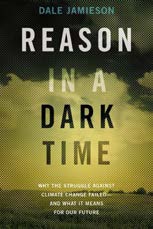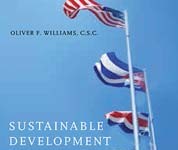By Dale Jamieson
OUP USA, 2014
From the 1992 Rio Earth Summit to the 2009 Copenhagen Climate Conference there was a concerted international effort to stop climate change. Yet greenhouse gas emissions increased, atmospheric concentrations grew, and global warming became an observable fact of life.
In this book, philosopher Dale Jamieson explains what climate change is, why we have failed to stop it, and why it still matters what we do. Centered in philosophy, the volume also treats the scientific, historical, economic, and political dimensions of climate change. Our failure to prevent or even to respond significantly to climate change, Jamieson argues, reflects the impoverishment of our systems of practical reason, the paralysis of our politics, and the limits of our cognitive and affective capacities. The climate change that is underway is remaking the world in such a way that familiar comforts, places, and ways of life will disappear in years or decades rather than centuries.
Climate change also threatens our sense of meaning, since it is difficult to believe that our individual actions matter. The challenges that climate change presents go beyond the resources of common sense morality — it can be hard to view such everyday acts as driving and flying as presenting moral problems. Yet there is much that we can do to slow climate change, to adapt to it and restore a sense of agency while living meaningful lives in a changing world.










